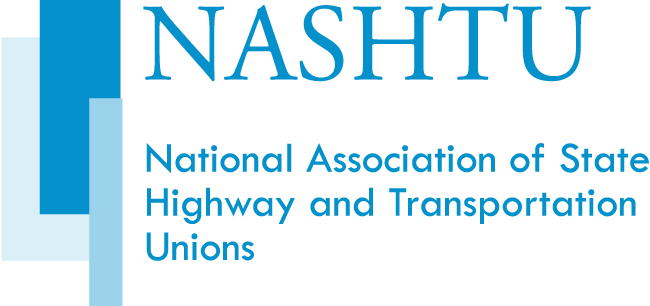2002 Conference Speakers
2002 Speaker U.S. Transportation Secretary Norman Mineta
Statement of the Honorable Jim Jeffords
United States Senator, Vermont
May 2002
Thank you for inviting me to join you today, and welcome to Washington, DC. Springtime is especially lovely in our Capital city. I hope that you have had a few minutes to get out and see the city and experience the season.
I want to especially thank Mary Richards for her efforts in coordinating this event. She has been very helpful.
It is a real pleasure to join this group of fellow public employees. Those in public service often sacrifice a great deal in choosing to advance the efforts of government. In my state of Vermont, our public employees are among the state’s most vital and hard-working citizens.
Those of you in transportation hold down a particularly important post. Roads and bridges are universally accepted as public responsibilities. Be it maintenance or inspection, repair or construction, design or management, the public transportation workforce is indispensable. Without your good work,
our communities and our economy could not function. So, thank you for your efforts.
Over the next few months, I will seek to make my contribution our nation’s transportation system and transportation program. During that time, Congress will reauthorize the surface transportation program. As Chairman of the Committee on Environment and Public Works in the US Senate, I will shoulder
much of the bill, including the overall highway title.
In fact, the process has begun. Working in a bipartisan – or should I say, tripartisan – manner, we have already held hearings on the program’s financing and management, congestion and research. We plan to hold a dozen hearings over the course of the year and hope to a have a draft bill ready for consideration when the 108th Congress convenes next January. I am committed to completing our work and enacting legislation well ahead of the current program’s expiration in September 2003.
One of our hearings will address project delivery. I know that your organization is concerned about the waste and delay experienced on a number of recent high-profile projects. I plan to address that issue in our hearing. I am closely following the work of the US DOT Inspector General on the topic of public stewardship responsibilities. I take the issue very seriously. I know that your next speaker, and my long- time friend and colleague, Norm Mineta, shares my concerns about waste and delay.
I am also concerned about fraud. According to the Inspector General, incidents of fraud are increasing. Between 1999 and 2001, investigations in the transportation arena rose from 12 to 39; convictions rose from 12 to 26, and monetary recovery increased from $16M to $43 M dollars. While most of the incidents involved private contractors, public employees were occasionally drawn in.
I will not stand by and watch our program return to the bad old days of fraud and corruption. And I commend you for your attention to this issue.
Let me close by commenting on the key role that each of you, and each of your organizations, must play if our nation is to realize the full potential of our investment in transportation. You are the stewards, and I’ve spoken to the importance of stewardship at the project level. But your contribution goes beyond the project, to coordinating the overall program and system.
We cannot outsource the system view. We cannot outsource management of the overall capital program. The public sector will continue to provide the overarching perspective needed to make the parts – the individual projects – harmonize.
As we go forward, this will require a changing mix of skills in our transportation agencies. But, what won’t change is the reliance and trust our nation has placed in the abilities of its public transportation
workforce.
Thank you for all you do.
